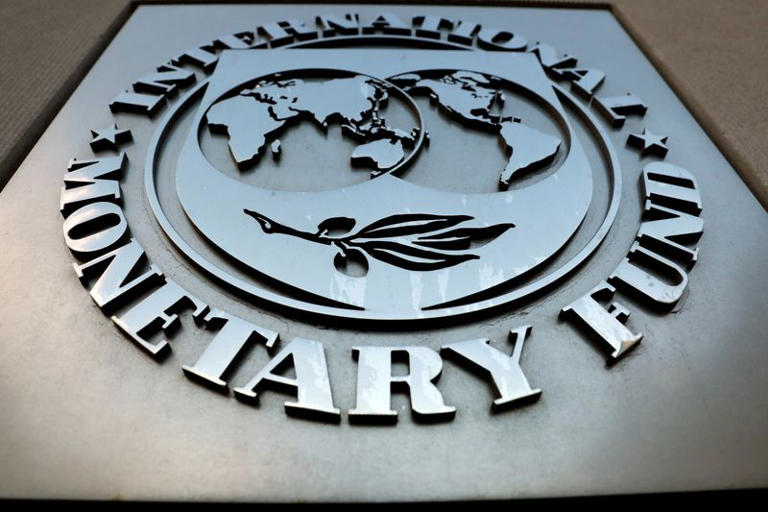The recent developments between Pakistan and the International Monetary Fund (IMF) signify a significant step forward in the country’s economic trajectory. With the completion of a short-term $3 billion program last month, Pakistan averted a potential sovereign debt default, setting the stage for discussions on a new loan program. Led by IMF mission chief Nathan Porter, discussions between the IMF team and Pakistani authorities commenced on May 13 and concluded recently, marking substantial progress towards reaching a staff-level agreement for an extended fund facility.
Porter emphasized the continuation of policy discussions in the virtual realm over the coming days, with the aim of finalizing various aspects, including the financial support required to bolster Pakistan’s reform efforts. This commitment from the IMF has injected optimism into Pakistan’s financial markets, as evidenced by the benchmark share index’s surge to a record high and breach of the crucial 76,000 level. The positive sentiment was further bolstered by the United Arab Emirates’ (UAE) pledge of $10 billion investment in promising economic sectors during Pakistani Prime Minister Shehbaz Sharif’s recent visit to the UAE.
Adnan Sheikh, assistant vice president of research at Pak Kuwait Investment Company, underscored the favorable market conditions, noting that despite a substantial increase in the KSE 100 index over the past year, the price-earnings ratio remains below its historical average, suggesting significant growth potential for Pakistani equities. This optimism is buoyed by the prospect of continued international support and investment, coupled with ongoing reform efforts within Pakistan.
Looking ahead, Pakistan is expected to seek at least $6 billion under the new IMF program, along with potential additional financing from the IMF’s Resilience and Sustainability Trust. The discussions underscore the critical role of international support in addressing Pakistan’s economic challenges and fostering long-term growth and stability. Moreover, the IMF’s endorsement of Pakistan’s reform program reflects a transition from economic stabilization to robust, inclusive, and resilient growth.
The ongoing engagement between Pakistan and the IMF represents a collaborative effort to navigate the country’s economic landscape, addressing downside risks and laying the groundwork for sustainable development. As discussions progress, both parties are committed to reaching a comprehensive agreement that will support Pakistan’s economic recovery and ensure its long-term prosperity.
